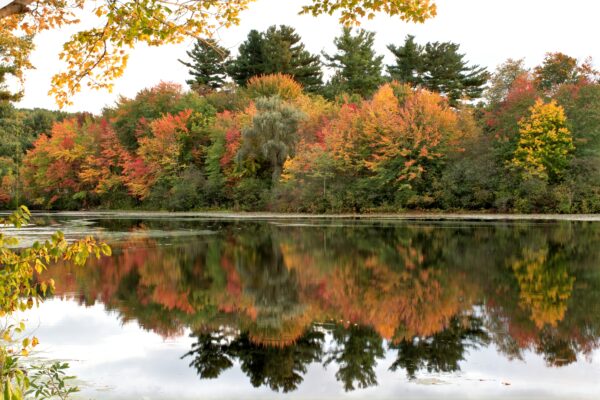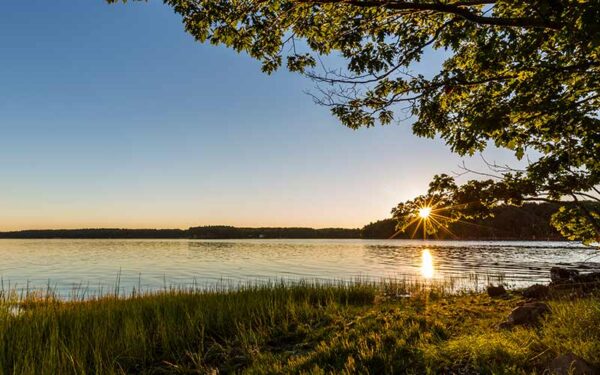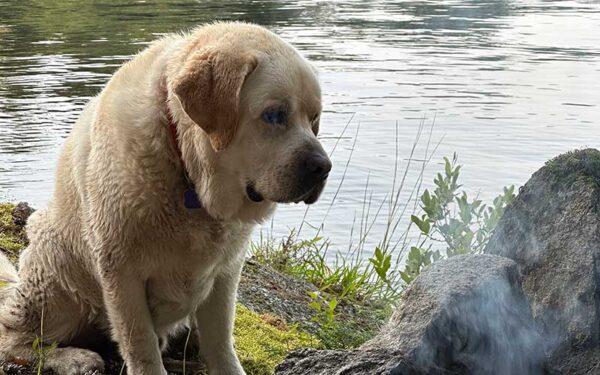Rhode Island’s Waters are Under Threat
Rhode Island’s waterways and coastline are critically linked to the health of our economy and our communities. They are places to play, swim, fish, and kayak. But today, stormwater pollution is fouling our ponds and shutting down our beaches, making them unsafe for people – and for the wildlife that call them home.
CLF in Action
Stormwater runoff picks up oil, dirt, and toxins while flowing over streets and parking lots into our waters. It is the biggest threat to clean water today. It is also entirely preventable.
CLF is calling on the Rhode Island Department of Environmental Management to use its authority to require large, privately owned stormwater polluters to obtain permits for their dirty discharge – which will ultimately curb the unchecked pollution that’s doing the most harm.
Our focus is on Bailey’s Brook and North Easton Pond on Aquidneck Island and Mashapaug Pond in Providence. A successful outcome will mean that commercial, industrial, and institutional polluters will be required to obtain permits for their runoff. Those permits would control the stormwater pollution those businesses discharge into Mashapaug Pond and the waters surrounding Aquidneck Island. It would also ensure these polluters are paying their fair share of the costs for its clean up.
What’s at Stake
Stormwater pollution hurts Rhode Island waterways, the wildlife that depend on them to be healthy, and the communities that pay when they’re not.
When rain falls or snow melts, water rushes off paved and flat surfaces such as parking lots, roads, and flat roofs, picking up debris, fertilizer, and other toxic pollution along the way. The result: contaminated water draining into sewers, lakes, and streams across Rhode Island.
Some waterways have it worse than others. In Providence, stormwater pollution triggers toxic blue-green algae blooms in Mashapaug Pond, choking aquatic life and making the pond unfit for human contact. On Aquidneck Island, polluted stormwater spikes bacteria levels in a brook that feeds into Newport’s popular First Beach – contaminating the water there and forcing the beach to close several times each summer.
This unchecked pollution is putting Rhode Island’s water quality at risk, leaving cash-strapped communities and taxpayers on the hook for the costs of this damaging pollution, and putting the health of people, pets, and wildlife on the line.



